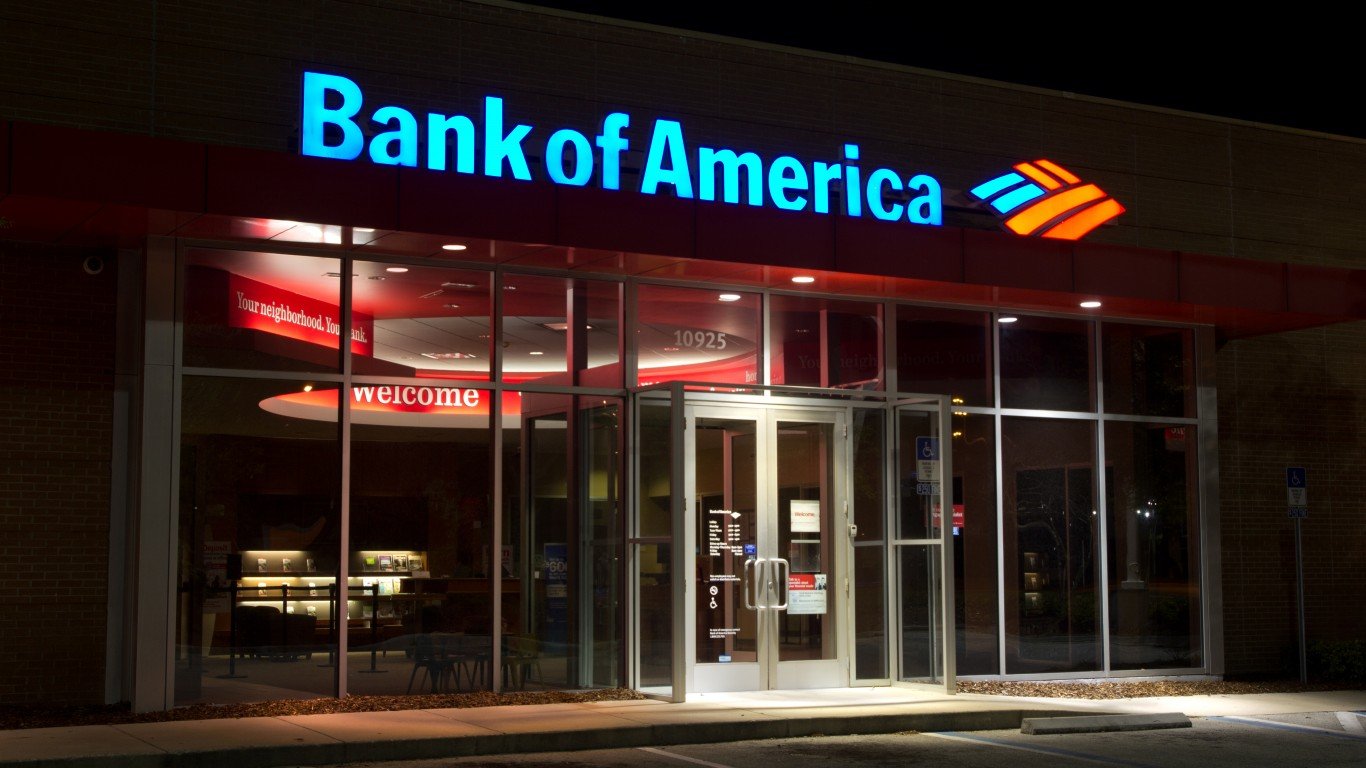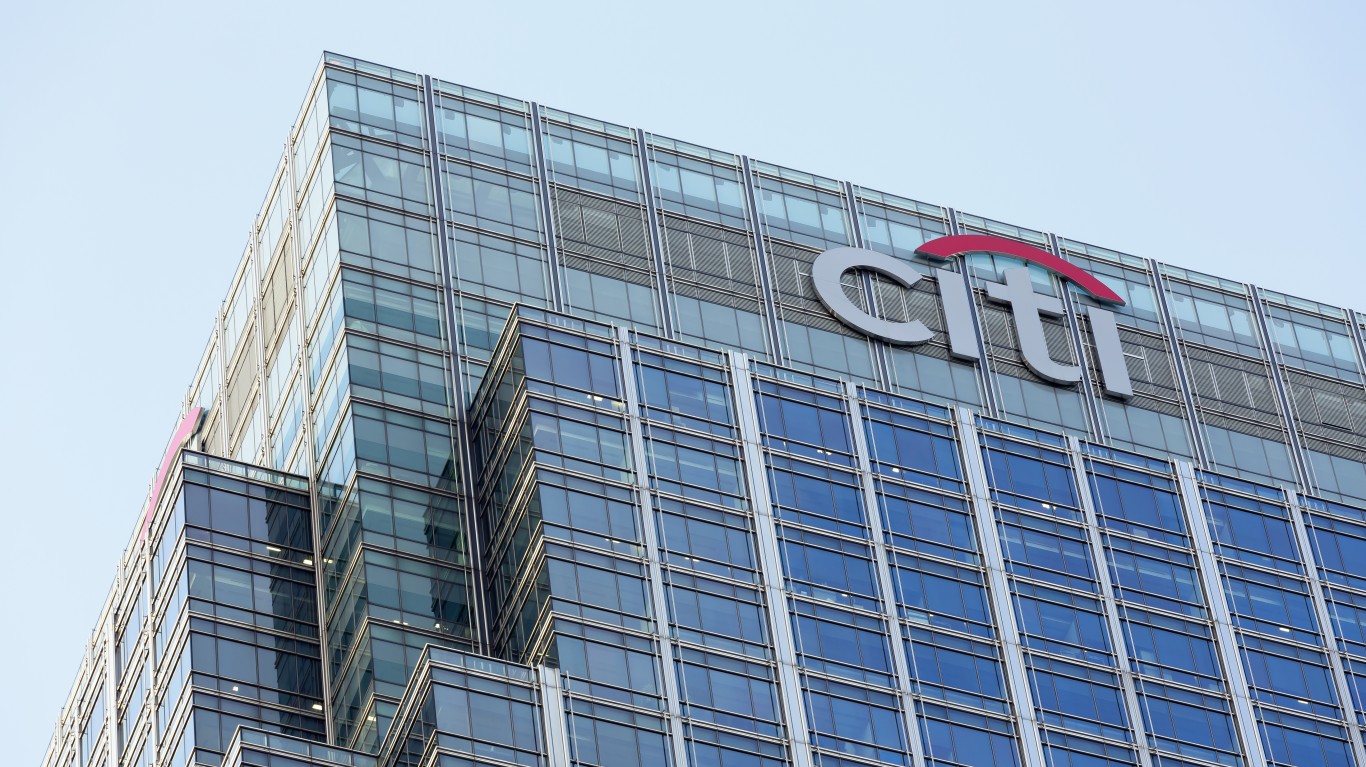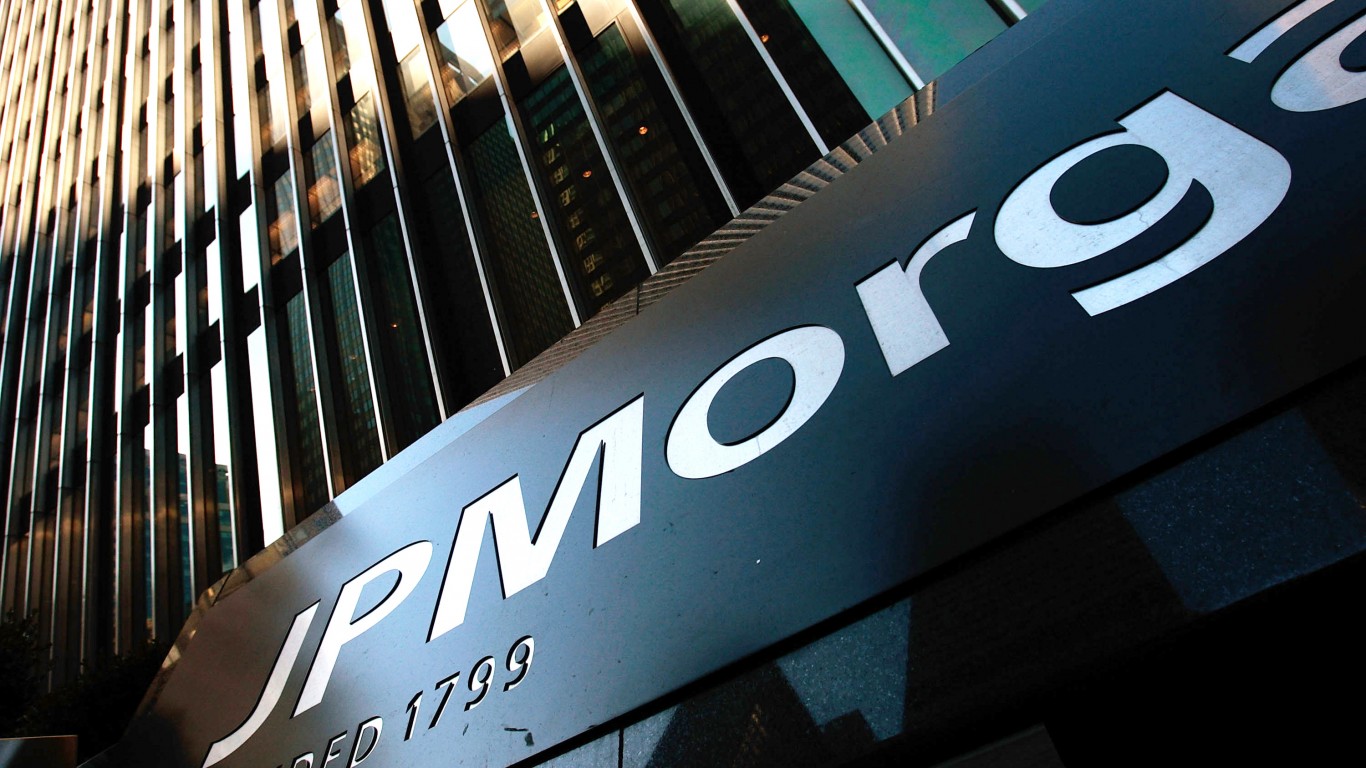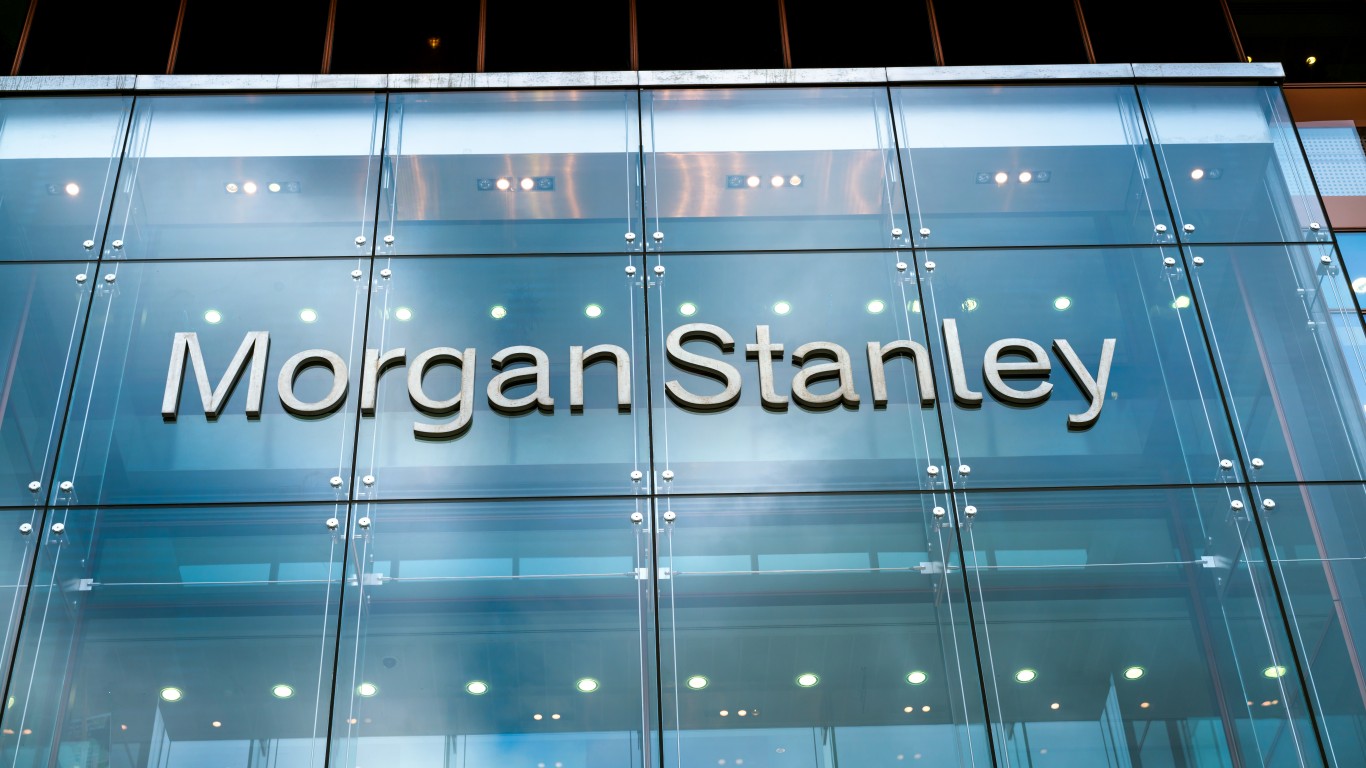

24/7 Insights
- Financial stocks often do well when interest rates go higher
- Wall Street is only expecting one rate cut by the Federal Reserve this year
- Grab this free report now Access 2 legendary, high-yield dividend stocks Wall Street loves
After years of a low-interest rate environment, which has reversed significantly over the last two years, many investors continue to turn to equities for growth potential and solid and dependable dividends. These help provide an income stream, equating to total return, one of the most influential investment strategies.
It’s important to always keep in mind the impact of total return on portfolios, as it is a key factor in achieving overall investing success. Total return, which is the combined increase in a stock’s value plus dividends, is a powerful concept. For example, if you buy a stock at $20 that pays a 3% dividend, and it goes up to $22 in a year, your total return is 13%—10% for the increase in stock price and 3% for the dividends paid.
Four top Wall Street blue chip financial companies that are Wall Street favorites raised their dividends last Friday, and all four are among the biggest and best stocks for investors to consider now. All are outstanding additions to long-term growth and income portfolios.
Bank of America

The company posted strong first-quarter results and will likely do the same in the just completed second quarter. Bank of America Corporation (NYSE: BAC) is a ubiquitous presence in the United States, providing:
- Various banking and financial products and services for individual consumers, small and middle market businesses, institutional investors, corporations, and governments in the United States and internationally
- Operating 5,100 banking centers, 16,300 ATMs, call centers, and online and mobile banking platforms.
Bank of America has expanded into several new US markets, and its global scale ideally positions it to benefit from accelerating loan growth over the next two years. Moreover, unlike smaller peers, scale allows the bank to substantially increase investment over the next few years without notably jeopardizing returns, driving further market share gains.
Warren Buffett owns 1,032 852,006 bank shares, 13% of the float, and 9.5% of Berkshire Hathaway’s portfolio.
Stockholders are currently paid a 2.41% yield. The company boosted the dividend 8% to $0.26 per share.
Citigroup

This is a top bank that Warren Buffett bought a massive $2.5 billion worth of stock in the summer of 2022. Citigroup Inc. (NYSE: C) is a leading global diversified financial service company that provides consumers, corporations, and governments with a broad range of financial products and services.
Citigroup offers:
- Consumer banking and credit
- Corporate and investment banking
- Securities brokerage
- Transaction services
- Wealth management services.
Citi operates and does business in more than 160 countries/ jurisdictions in North America, Latin America, Asia, Europe/Middle East and Africa (EMEA).
Trading at a reasonable 10.3 times estimated 2024 earnings, this company looks very reasonable in what remains a volatile stock market and in a sector that has dramatically lagged but looks to be gaining ground.
Shareholders are currently paid a 3.34% yield. The company raised the dividend 5.7% to $0.56 per share.
JPMorgan Chase

This stock trades at a still reasonable 12.4 times estimated 2024 earnings. JPMorgan Chase & Co. (NYSE: JPM) is one of the leading global financial services firms and one of the largest banking institutions in the US, with about $2.6 trillion in assets. The company was formed through the merger of retail bank Chase Manhattan and investment bank JP Morgan.
JPMorgan Chase & Co. is a versatile entity with a diverse range of operating divisions. These include:
- Investment and corporate banking
- Asset management
- Retail financial services
- Commercial banking
- Credit cards
- Financial transaction services
Top analysts across Wall Street are very positive about the money center and investment giant, pointing to many reasons. Number one is that the industry titan faces a continued broad recovery in nearly every aspect of its business.
- Leading M&A advisory and capital markets product set and market share
- Massive footprint of corporate and commercial banking customers
- Sizable wholesale payments businesses. JPM has proven that it has the wherewithal to continually invest in people, products, and platforms to further its market share base, extending its competitive advantage versus most peers
Stockholders are currently paid a 2.27% dividend. The company boosted the dividend 8.7% to $1.25 per share and announced a massive $30 billion share buyback.
Morgan Stanley

This is another one of Wall Street’s white-glove firms and may be among the best buys in the banking and investment arena. Morgan Stanley (NYSE: MS) is a global investment bank with leading positions in:
- Investment banking mergers and acquistions and equity underwriting
- Equity trading
- Wealth management, which contributes nearly 50% of firmwide revenues.
The firm also has an asset management business, which adds to the lower-risk business profile the firm has pursued since the financial crisis.
In 2020, the Wall Street investment bank closed on a $13 billion purchase of the discount brokerage E-Trade, which had at the time 5.2 million customers. The company ushered in a revolutionary platform that helped start a dramatic shift among financial services firms and fueled the rise of indexes and exchange-traded funds, making investing vastly easier for do-it-yourself investors.
Shareholders are currently paid a 3.50% yield. The company raised the dividend 8.85% to $0.925 per share. In addition they announced a $20 billion share repurchase program.
Four top finacial companies, all rated Buy across Wall Street, that raise their dividends to shareholders. Not only is increasing dividends and returning capital to investors necessary, but it also shows that the company is doing well and has the earnings and cash flow strength to increase the payouts.
Thank you for reading! Have some feedback for us?
Contact the 24/7 Wall St. editorial team.



